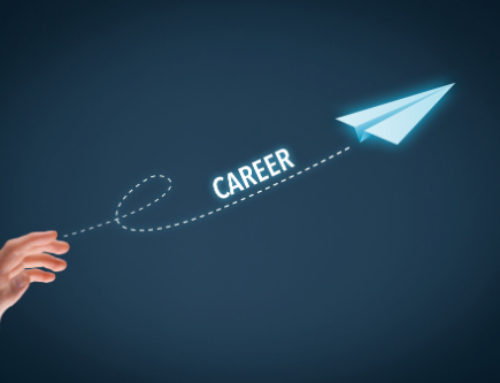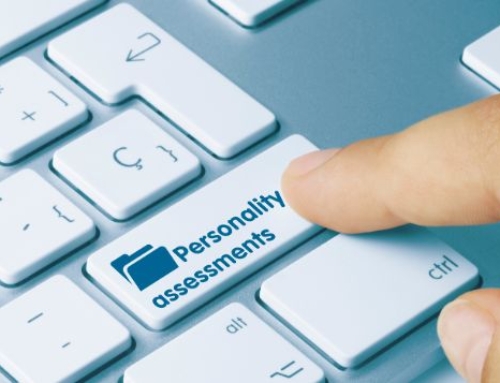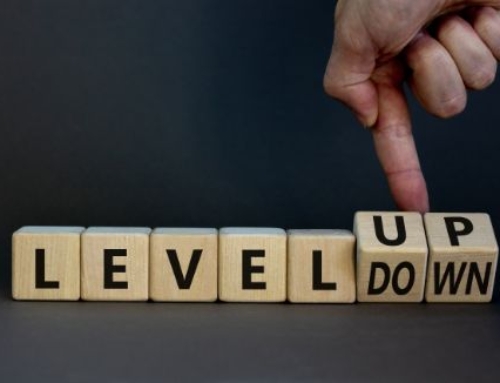We praise the ease and convenience of being able to reach anyone or anything at anytime with our phones, emails, text messages, video calls, but at the same time, we recognize that this ease of access can break down the balance between our work life and personal life. The work day is rarely a 9 a.m. to 5 p.m. deal, especially with last minute questions sent through texts, or “quick” reminders sent to our inbox over the weekend. While balance can look different from year to year and even day to day, here are some skills to help you create a work-life balance that serves you best.

Understand the soul of balance
Start the conversation with yourself by understanding what balance means to you. One essential concept to keep in mind is that balance does not always mean equal, as introduced by Sujan Patel in this article on Entrepreneur. Think of yoga, for example. Someone could be balanced, but just standing on one foot. What do you envision balance looking like in the context of your life? If your answer includes establishing a specific amount of hours you want to have to partake in a certain hobby, lean into that. Or maybe your answer focuses more on limiting the hours you’re at work. Decide for yourself in specific terms what balance looks like for you.
It’s not just about time
Twenty-four hours in a day sometimes just doesn’t feel enough, but while we’re fairly cognizant about time constraints, we also need to pay attention to our energy supply. It’s not just about how much time we’re spending on something, it’s also about how much energy. All humans have a rhythmic cycle of energy within us, and understanding this cycle can help us better schedule our day to be more productive and manage our work-life balance. Dr. Raj Raghunathan from Psychology Today offers examples on how rhythmic cycles play out in our life, as well as how to maximize our schedule in this article. Christopher M. Barnes has an article in the Harvard Business Review that also frames how our circadian rhythms can be maximized in our work-schedules with specific suggestions to improve task performance, such as when to respond to emails.
Unplug, unplug, UNPLUG
I get it, it’s hard to put that phone down after work. What if you miss an important text, or an important call? Well, set guidelines to yourself, as suggested in Rachel Bitte’s article on The Muse. If an important call comes through, go ahead and respond, but also set boundaries within yourself to know what’s urgent and what’s not, what’s critical and what’s not. Bitte also encourages us to indulge in a hobby that gives us no other choice to leave our phone behind and become focused on an activity, such as rock climbing or painting.
Communicate your limits
In a world that never seems to sleep, start feeling comfortable to let the world know that you need to sleep, and that you also have a life outside of your work duties. Set boundaries and communicate them to your team. You might not be able to stop the weekend texts or emails, but if you set up the expectation early that messages sent over the weekend are not guaranteed a response until Monday morning, people tend to be more forgiving. Even if you have a particular time during the week that would seem odd to have off, when you communicate with those you work with early on, people tend to respect that time. Heather Vickery uses a fantastic example in her blog post about one of her clients who wanted Wednesdays off. When the client communicated this to her own clients, the response was gratitude for the heads up, without any hard feelings.
It might be time to consider relocating
This is one of the more drastic tools to use, but your home and your environment play a larger part in balance than we might give it credit for. For example, are you someone who uses the commute home to de-stress, or is commuting home a source of stress? Once you get home, does the environment allow you to de-compress however that looks like for you, whether it’s going out with friends, or having a night in? We understand it takes a look to just pack up and move, but sometimes the payoff is worth it in the long-run, according to this blog post on Jody Michael Associates.
If anything, recognize that striking a work-life balance doesn’t just impact your mood, it impacts your physical health as well, as explained in this article by the Mayo Clinic Staff. Mark Pettit includes 13 more tips on how to balance happiness and productivity in this article on Lifehack, and the editors at The Muse have an impressive list of 37 tips for developing your own work-life balance here. If you’re reading this post, you most likely already recognize there’s a need for a better balance in your life, and so hopefully these resources can help you reach that balance.









